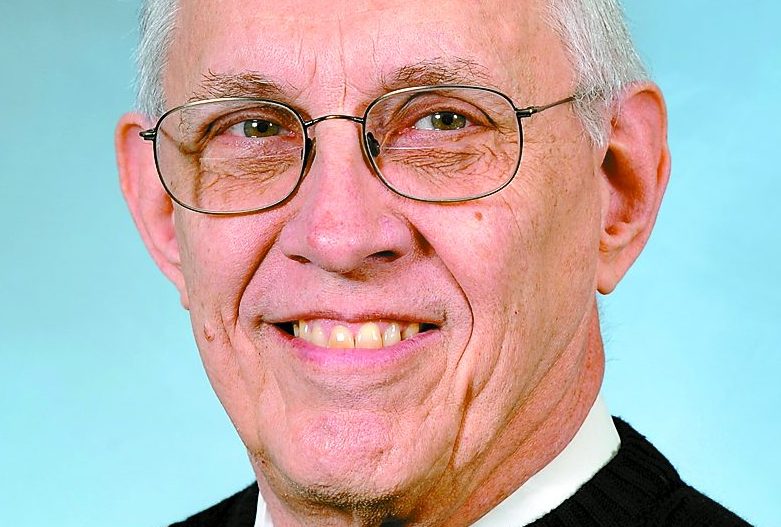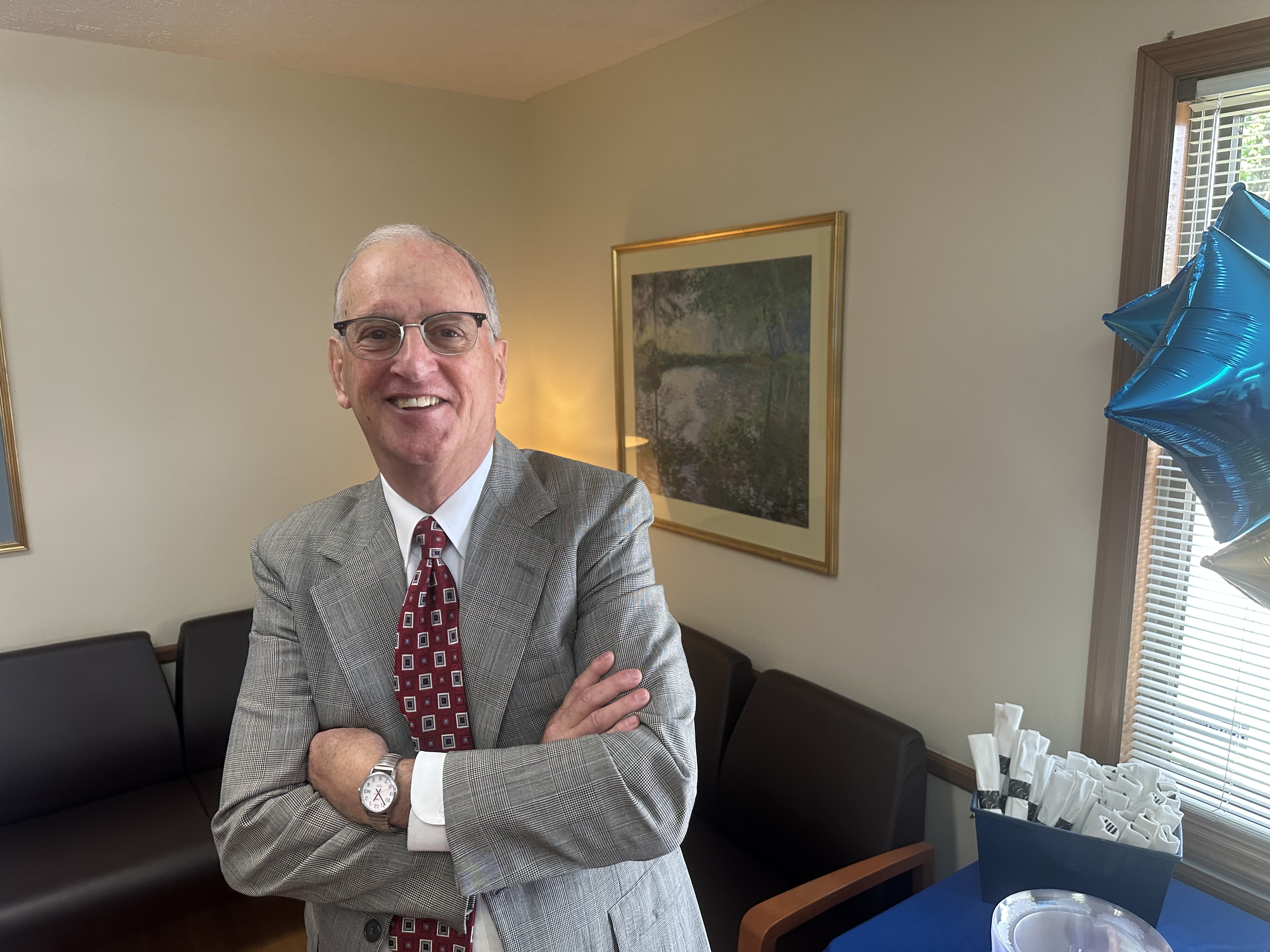Witt: A post-mortem for the Democrat debates
Published 9:22 am Tuesday, July 9, 2019

- Chuck Witt is a retired architect and a lifelong resident of Winchester.
A post-mortem for the Democrat “debates.” Or maybe a post-post-mortem since so many pundits have already expressed an opinion.
And the word “debates” is enclosed in quotation marks because the closest these episodes came to real debates was they occurred with the participants on a stage.
No high school or college debate coach would characterize what occurred June 26-27 as anything resembling a debate because such contests are conducted under controlled conditions assuring fairness and equality for all the participants.
Getting past the formal debate format for a moment, it should have been apparent from the outset comments from the candidates should have been directed toward policy, about current conditions and how each individual would address those.
Instead, it quickly devolved into an attempt to degrade the apparent front runner, Joe Biden.
Kamala Harris’ attack on him for his previous record may have shown she can be expected to be an aggressive opponent, but the whole debacle was a planned ambush designed to catch Biden off guard and diminish his standing.
Regrettably it worked.
In post-debate polls Biden has lost ground and Harris has gained.
The questioners for the debates had absolutely no control. Candidates were repeatedly allowed to interrupt others, to speak past their time limit and to divert to talking points, ignoring the substance of the initial question.
There should have been control of each participant’s microphone which could have been shut down when the time limit was reached. Additionally, any candidate interrupting another should have been denied an opportunity to answer the next question.
On both nights, the candidates deemed to be leading in polls were given center stage.
On the second night, Biden, Sanders and Warren were placed at center stage, flanked by those who were polling less. The polls should have had absolutely no influence on the subject of stage placement because it only served to increase the visibility of those already more familiar to the public.
A more fair way to have handled stage arrangement would have been for each participant to draw a number, from one to 10, and then given a podium commensurate with the number drawn, from left to right on the stage.
Those who were relegated to the ends of the 10-person row were largely ignored by the questioners, who directed their queries to specific candidates instead of asking a general question which could be answered by each candidate in turn.
Politicians are an energetic and vociferous group. They have to succeed to be elected, but they often think they have things to say which are far more important than reality would dictate.
Plus, they often enter discussions and debates with “talking points” which they are intent on airing even if they must diverge from the discussion or question to do so.
There will be additional “debates” in July, with fewer participants who, in the minds of the polls and pundits, have proven themselves sustainable.
One can only hope the format of the next debates will change with increased control and a demand for response to real issues.
Hopefully, what was witnessed in June will not portend what one can expect when the Democrat and Republican candidates go head-to-head.
Chuck Witt is a retired architect and a lifelong resident of Winchester. He can be reached at chuck740@bellsouth.net.





